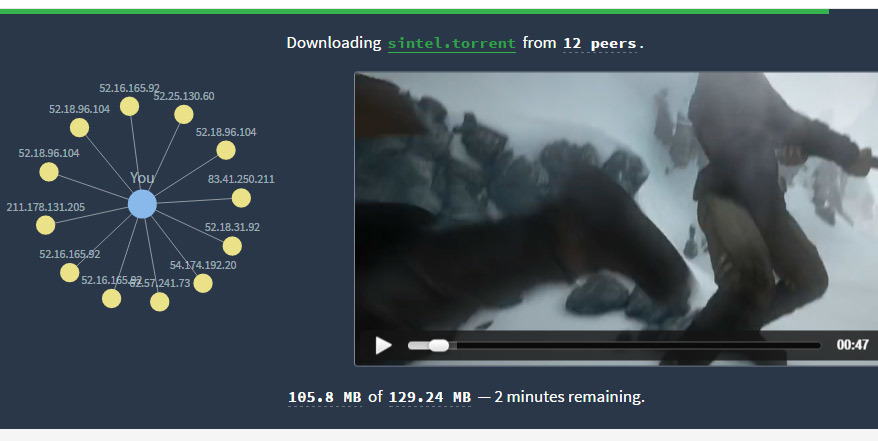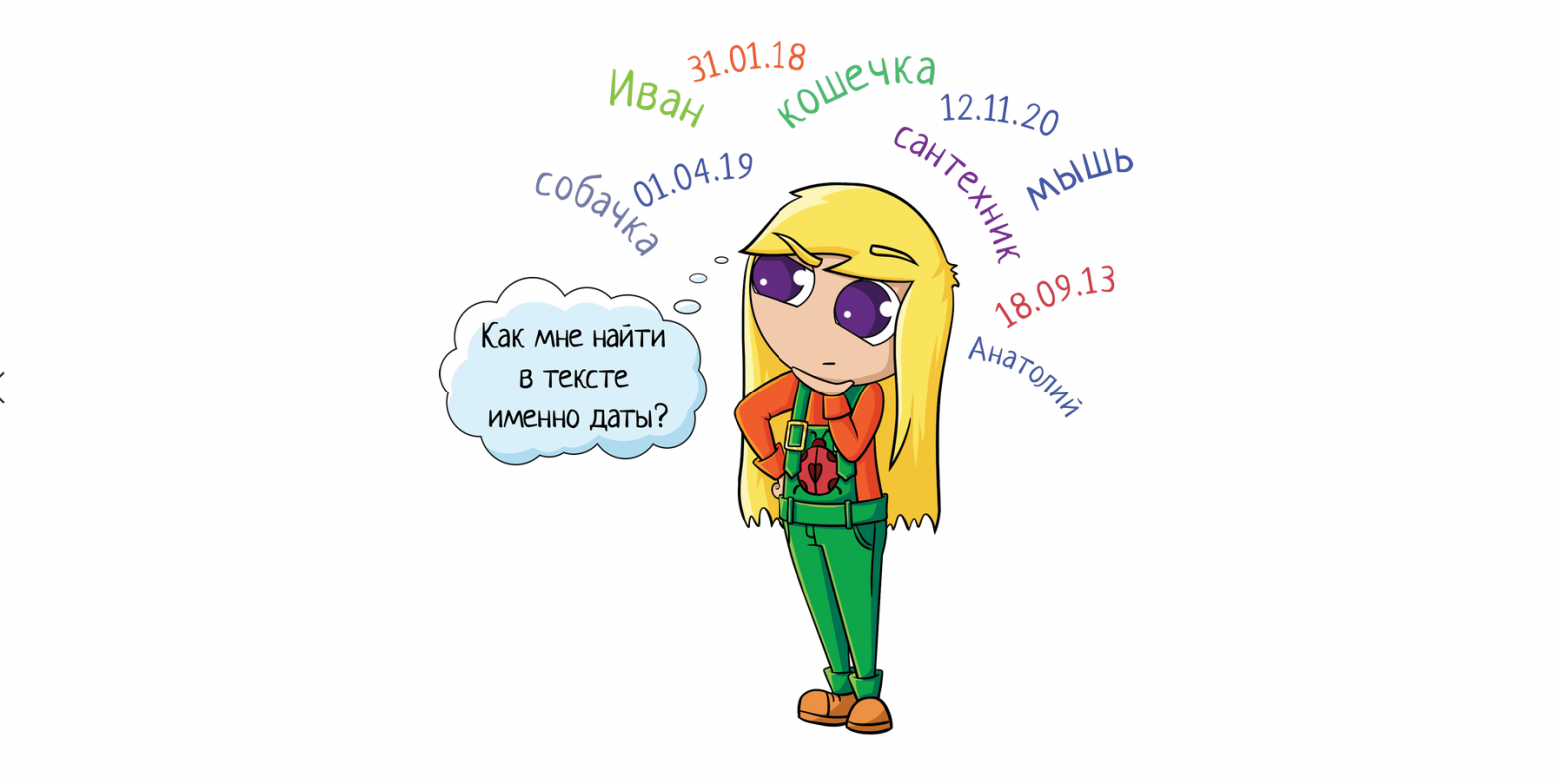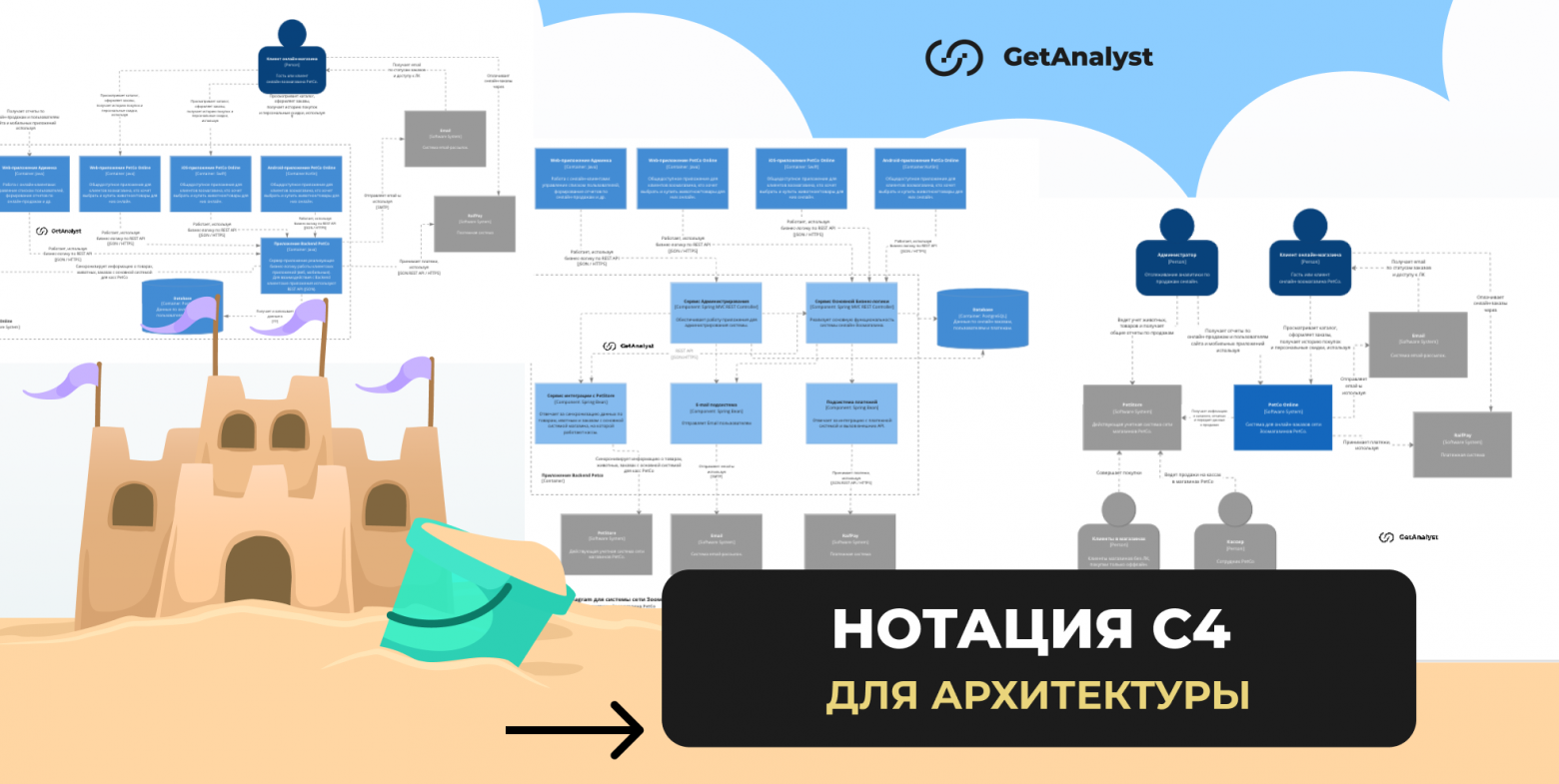The Best Free Programs for Finding Duplicate Photos

Are you familiar with that feeling of slight panic when your laptop suddenly starts beeping plaintively, and a sinister warning appears on the screen: 'Disk almost full'? This happened to me recently too. I opened File Explorer and was stunned – my 1 TB external drive was filled to the brim – 95% full!
The culprits weren't movies or games, but a giant graveyard of photos. Twelve folders with the generic name 'DCIM,' mountains of screenshots I had copied five times 'just in case,' and heaps of nearly identical sunset shots taken in burst mode. Trying to manually find identical photos was like looking for a needle in a haystack the size of Siberia.
In a previous article, I discussed how to best sort photos, and even then I realized it was time to declare war on duplicates. And that moment has come. After testing more than 15 tools (and wasting a lot of nerves), I've selected 5 free programs that really help solve the problem. I'll share this experience with you.














